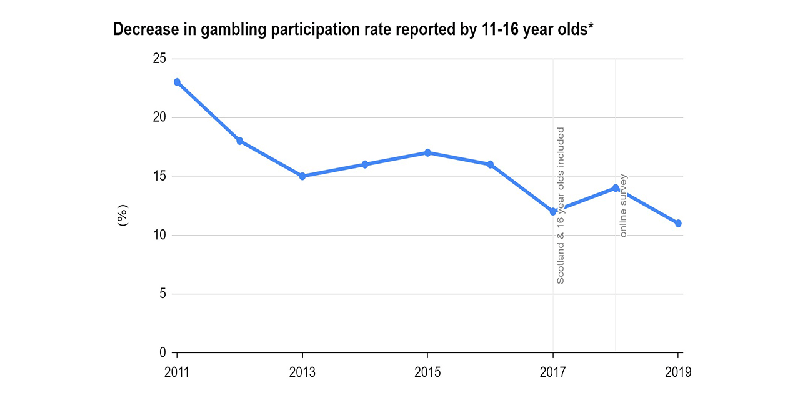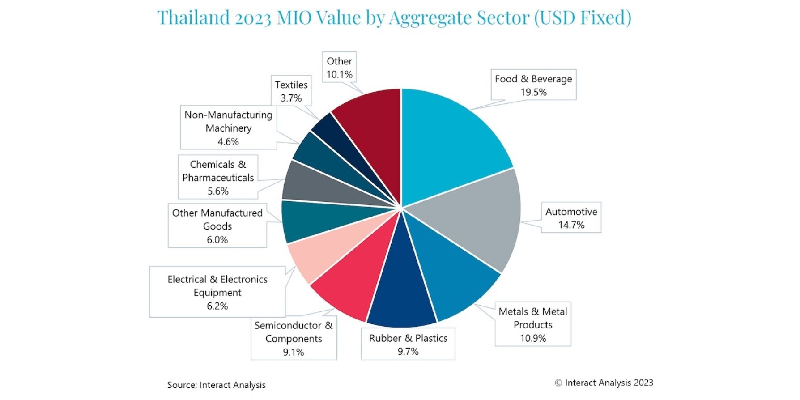
Clinical trial: Internet gambling sites boost land-based establishments' bottom lines
Consultancy firm Eilers and Krejcik Gaming (EKG) wrote the studies. With a goal of understanding if internet gambling cannibalises revenue from land-based casinos, it studied data from casinos, regulators, and state governments over a period of 16 years.
For this scenario, EKG looked at six states to see how the introduction of online casinos might affect land-based gross gaming revenue (GGR). All of these states: DE, CT, MI, NJ, PA, and WV were included.
The consulting firm analysed the pre- and post-introduction of online casinos by comparing their compound quarterly growth rates (CQGR). After the introduction of internet casinos, it was found that every state's quarterly growth rate improved.
The land-based industry in West Virginia saw the most increase in CQGR (6.0% post-online casino) of any state. In contrast to the positive 3.02% after playing at the online casino, the CQGR was -3.0% before.
An internet casino rescues West Virginia
The land-based market in West Virginia peaked in 2012 and had been falling gradually until July 2020, when the state's first online casino went live. The land-based sector recovered to its pre-Covid levels of success, even though the online casino debut happened during the early months of the COVID-19 pandemic.
According to the research, land-based casinos in West Virginia may have their best year ever in 2023.
The paper notes that prior to the advent of online casinos, Connecticut's land-based business was seeing a year-on-year decline. After the debut of its online casino in 2021, its GGR increased by 0.34 percent. Pennsylvania saw the slightest increase; the Keystone State had been expanding at a reasonable clip prior to the advent of online casinos. Even still, land-based GGR increased by 0.14 percent after launch.
The land-based markets in Delaware, New Jersey, and Michigan saw increases of 1.94%, 1.28%, and 4.89%, correspondingly, in GGR.
In its research, EKG surveyed operators of both brick-and-mortar and virtual casinos. "Participants have unanimously responded that cannibalisation has not been occurring," it said.
While 80% of respondents claimed that land-based revenue had "stayed roughly the same," 20% said that it had "moderately increased" due to the influence of online casinos.
When asked, "How would you characterise the impact of the introduction of online casino on land-based casino revenue?" no one raised any concerns about cannibalisation.
Different kinds of clientele attracted to brick-and-mortar and virtual casinos could be better understood with the help of EKG. This information was derived from the investor presentation given by Golden Nugget Online Gaming in June 2020.
There are more men than women using online casinos (55% vs. 45%). Online casino players typically fall between the ages of 40 and 45. In contrast, 51% of gamers in brick-and-mortar casinos are female. Also, the age range is a little bit older, falling somewhere between fifty and fifty-five.
The survey went on to say that, on average, playing at an online casino takes less time than going to a land-based one. When compared to land-based stakes, online stakes are also thought to be broader.
"Land-based and online casino draw different kinds of customers because each product provides a fundamentally different experience," reads the research. "Exploring a land-based casino might take hours, compared to an online casino visit, which is usually measured in minutes."













